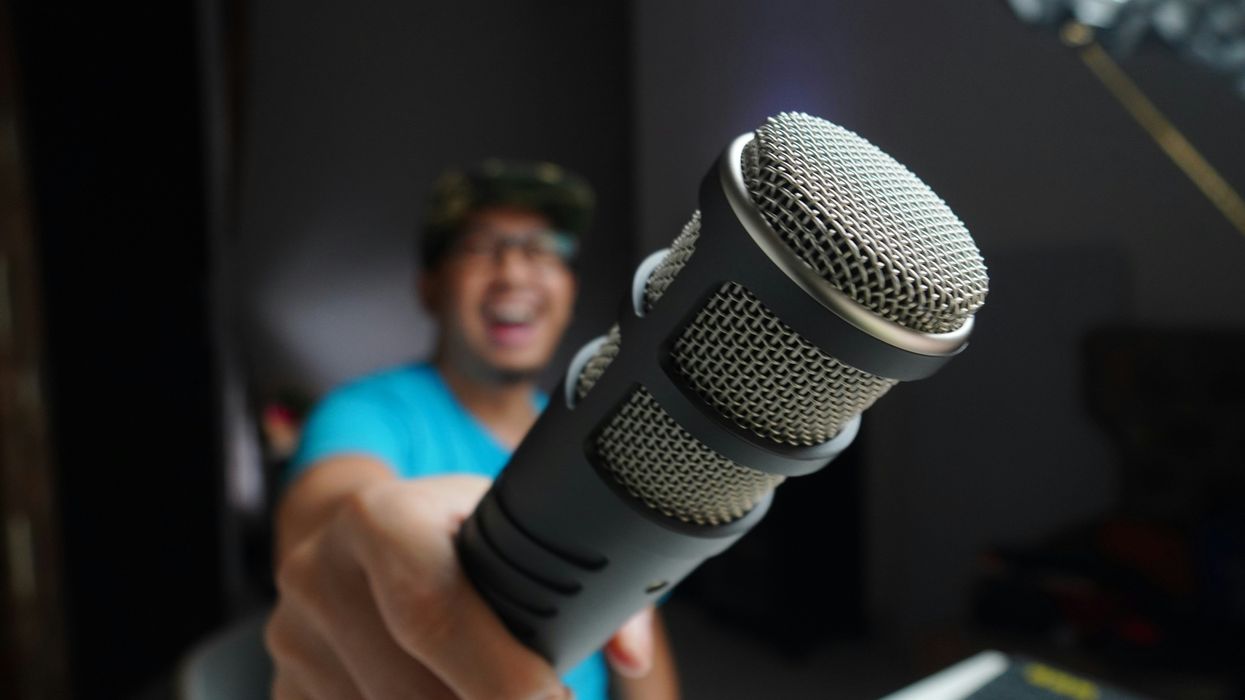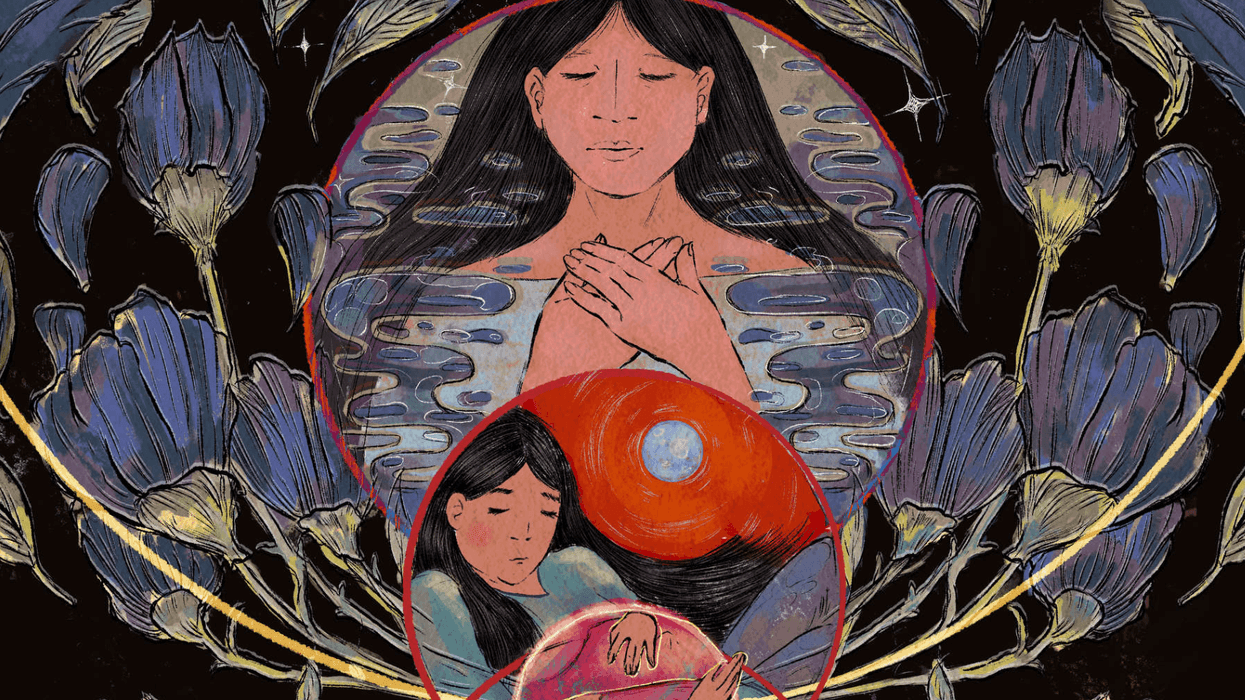Welcome to the Fulcrum Roundtable, where we share insights and discussions with Fulcrum's collaborators on some of the most talked-about topics.
Consistent with the Fulcrum's mission, this program aims to share diverse perspectives to broaden our readers' viewpoints.
The Fulcrum is committed to nurturing the next generation of journalists. As part of our NextGen initiative, we proudly launched the first-ever Fulcrum Fellowship in June. The 10-week immersive program trains students from across the country in solutions journalism and complicating the narrative techniques to produce stories that counter the one-dimensional narratives too common in mainstream media.
We also teach young journalists to leverage their own voice in first-person narratives, not only to cultivate authenticity and authority, but to challenge the status quo with their lived experience and fresh perspective.
In their first assignment, we asked the cohorts to share their thoughts on what democracy means to them and their perspective on its current health.
I spoke with these students:
Angeles Ponpa, a graduate student at Northwestern Medill in the Politics, Policy, and Foreign Affairs specialization, and a Fulcrum summer intern.
Layla Halilbasic, an incoming junior at Webster University in St. Louis and a cohort member with the Fulcrum Fellowship.
And Nathaly Suquinagua, a bilingual multimedia journalist with a B.A. in Journalism and a minor in Dance from Temple University, and is a cohort member with the Fulcrum Fellowship.
- YouTube www.youtube.com
Last month, Angeles authored Faith, Democracy, and the Catholic Duty To Stay Involved. She wrote about why, in a moment of polarization and despair, opting out may feel easier. However, democracy depends on those willing to participate. "The Catholic Church does give us a really great guide on how we should be civically engaged, but also how we should vote, what should matter the most to us when we're going to the ballot. At the end of the day there is a home for us (Catholics) in politics, and if not then it is time to become that home," Angeles said.
In the column, Disillusionment Isn’t the End, but the Beginning of Change, Layla asked herself, “Why am I not excited about the idea of American democracy?” She shared how she feels indebted to American democracy because her parents immigrated from Bosnia, one of the six republics that made up the former Socialist Federal Republic of Yugoslavia (SFRY). The SFRY dissolved in the early 1990s, leading to the independence of several new countries, including Bosnia and Herzegovina.
Despite saying, "I wouldn't be here without it (American democracy)," she does find that connection challenged by what she sees happening in the US today regarding the mistreatment of marginalized groups, including immigrants and refugees.
Nathaly wrote that "democracy means equality, representation, and the chance to build a better world together," in her column: The Responsibility of the First Vote. "My parents are immigrants. I am a first-generation American," she said. "For me, deciding on what to vote on, and democracy for me, doesn't just mean what I believe in, but also what my family would benefit (from) because they can't vote."
In the roundtable discussion, the students were asked to share their thoughts on how news platforms like the Fulcrum can improve in making their community (young people) be seen and heard with authenticity.
Angeles responded by saying there needs to be more complexity. "Issues are so complex. And sometimes, I feel like the News, this is my own personal opinion, I think the news dumbs it down to either this is great or this is bad. Sometimes it's ok to have an article that's just a pure conversation about a topic."
"I think humanizing people," said Layla. "We are not just telling stories about policy, It's about people. It's about us."
Nathaly closed the conversation by saying, "Having more accessibility. Having translations done." She mentioned that making news coverage in different languages is key for newcomers.
The Fulcrum is committed to nurturing the next generation of journalists. To learn about the many NextGen initiatives we are leading, click HERE.
Please help the Fulcrum in its mission of nurturing the next generation of journalists by donating HERE!Check out the June roundtable discussion:
- YouTube youtu.be




















